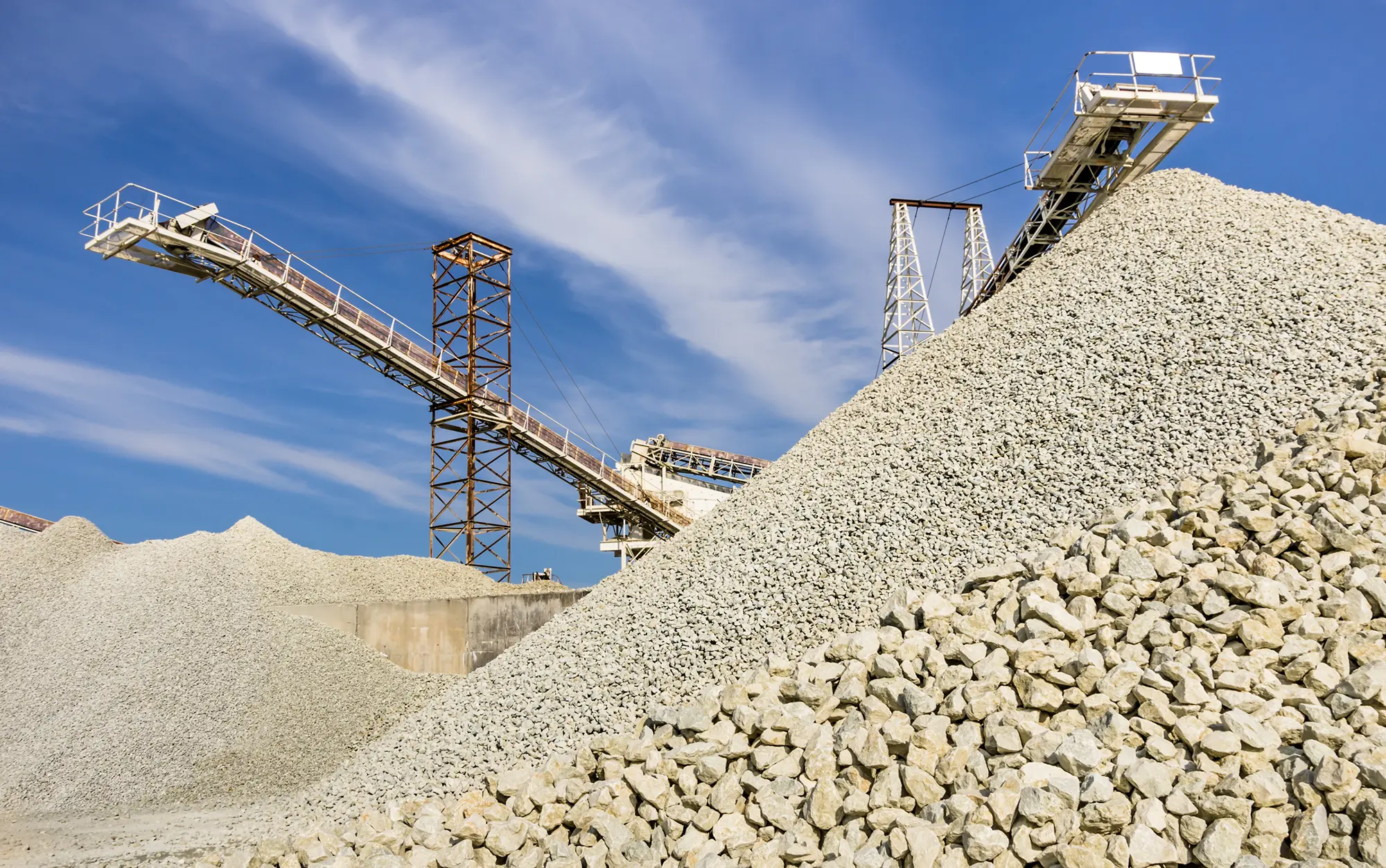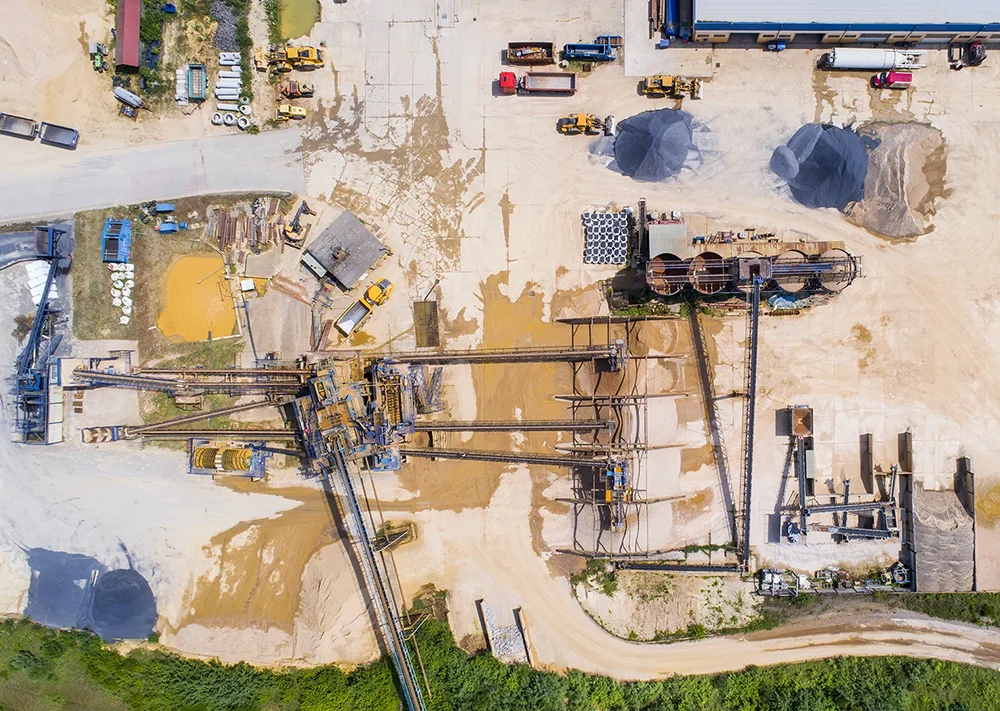Sustainability reporting rules are changing by the month. Here are the latest updates and solutions impacting the mining and minerals sector in 2024.
Our regular newsletter aims to help you take control of your metallurgical accounting, process optimisation and sustainability reporting by embracing data.
In this edition we cover stricter climate reporting rules, new mining sector standards for the GRI, a delay to the Australian Government’s mandatory reporting rules and digital solutions to help you adapt fast. If you have questions or need more information, please get in touch.
IN THIS EDITION
- Major shift in SEC regulations increase climate reporting obligations
- Update: New Mining Sector Standard for the Global Reporting Initiative (GRI)
- Australia: Directors welcome a delay in mandatory climate reporting
- How a major gold plant found US$54 million in ‘missing’ production
- Sustainability Reporting Guide For 2024 and Beyond
- Scope 3 emissions: The next big sustainability priority for mining and resources
- We can help you tackle the data challenge
NEWS
Major shift in SEC regulations increase climate reporting obligations
The US Securities and Exchange Commission (SEC) adopted a new final rule on 6 March 2024 that significantly strengthens climate-related disclosure requirements. This marks a significant change for environmental, social, and governance (ESG) reporting, and companies will need to develop more robust reporting practices.
This new regulation will potentially impact on the ESG financial reporting strategies for mining and minerals organisations globally.
A breakdown of the new SEC climate disclosure rules:
- Effective date and scope:
Starting from December 2025, registrants must include comprehensive climate risk disclosures in their annual reports and registration statements. This includes financial metrics related to climate change and how they affect financial projections. - The final rule is less strict than the initial proposal:
For example, registrants won’t have to disclose Scope 3 greenhouse gas emissions, and they have more time to implement the disclosures and assurance requirements. Additionally, the financial statement disclosure requirements are less extensive. - Disclosures outside financial statements:
- Large and accelerated filers must disclose material Scope 1 and 2 GHG emissions. These disclosures will eventually require verification (assurance).
- Registrants must explain how their board and management oversee material climate-related risks.
- They must detail the material impacts of climate change on their strategy, business model and future outlook.
- The report should describe the risk management processes used to manage material climate risks.
- Those with material climate targets or goals must disclose them.
- Disclosures inside financial statements (footnotes):
- Registrants must report how extreme weather events and natural disasters financially impact them (e.g., expenditures, losses, capitalised costs).
- If material, they must also disclose how these events affect their financial estimates and assumptions.
- If they use carbon offsets or renewable energy credits (RECs) to meet climate goals, they must disclose a breakdown of these at the beginning and end of the reporting period, especially if they are a material component for achieving those goals.
Update: New Mining Sector Standard for the Global Reporting Initiative (GRI)
The voluntary GRI Standards are the most widely used sustainability reporting standards by businesses in 2022 with an adoption rate of 77%. Companies can choose to keep using these standards alongside mandatory standards including:
- The European Commission introduced 12 European Sustainability Reporting Standards (ESRS) in January 2024. Large, listed EU companies must now report according to these standards.
- The International Sustainability Standards Board (ISSB) released a set of voluntary standards in 2023 for jurisdictions to adopt.
GRI actively supports these new standards and collaborates to ensure interoperability between them.
New GRI guidance for mining companies: In January 2024, GRI launched the GRI 14: Mining Sector Standard, following similar standards for Oil & Gas, Coal and Agriculture & Fishing.
- Implementation: Companies can start reporting using this standard in 2026, though earlier adoption is encouraged.
- Focus: The standard addresses the need for consistent, detailed reporting on the mining sector’s impact and contribution to sustainable development. It’s used alongside GRI’s Universal Standards and Topic Standards.
- Scope: GRI 14 applies to all mining organisations, including exploration, extraction, processing and related support services.
- Topics covered: The standard addresses 25 potentially significant topics, including emissions, waste management, human rights and impacts on local communities.
Australia: Directors welcome a delay in mandatory climate reporting
The mandatory climate reporting regime introduced by the Australian Government for large companies has been postponed by 6 months to January 2025. This gives organisations more time to prepare for the new reporting requirements. Welcomed by some companies, the delay comes after pressure from investors who want better information on climate risks. For more information read the official release from Treasury.
CASE STUDY
How a major gold plant found US$54 million in ‘missing’ production
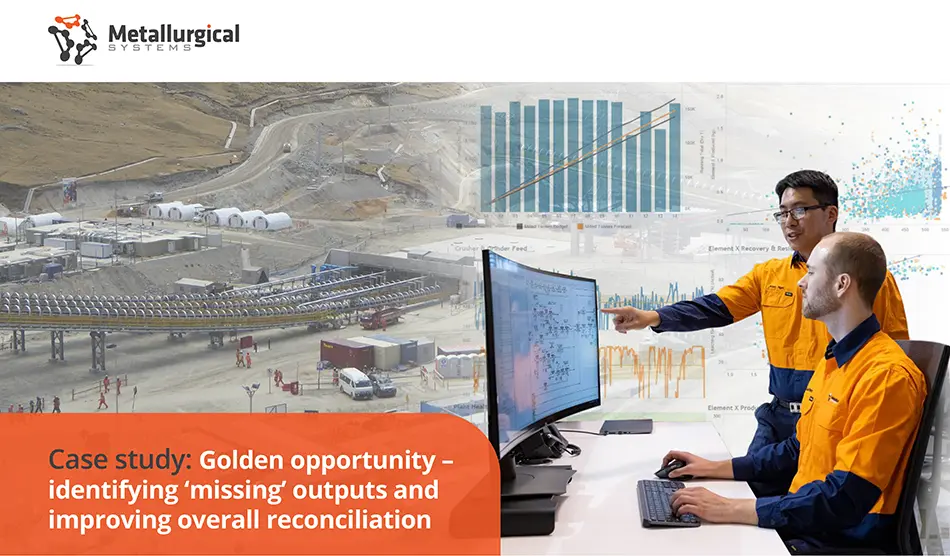
Discover how our audit process helped a major gold plant identify and resolve gaps between calculated and actual production values that amounted to about 900 kilograms over three months.
RESOURCE
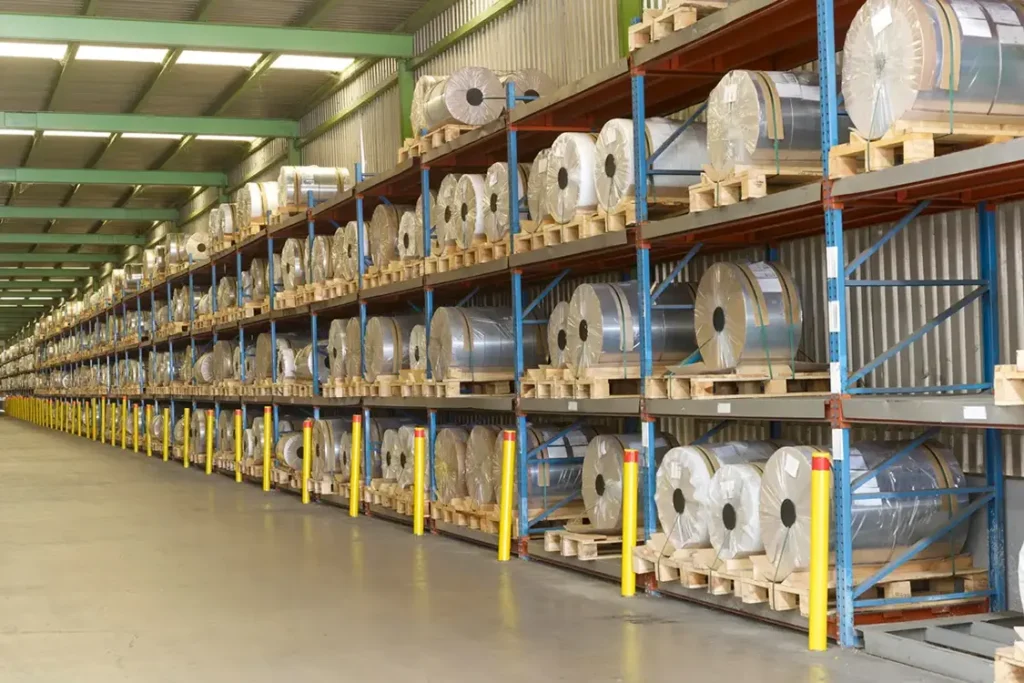
Sustainability Reporting Guide For 2024 and Beyond
Did you know that MI Core already enables you to meet the sustainability reporting essentials for mining and resources? In this detailed guide, we compare the three primary global frameworks ISSB, CSRD and SEC and explain how digital tools can smoothly transition you to the new era of legislated accountability.
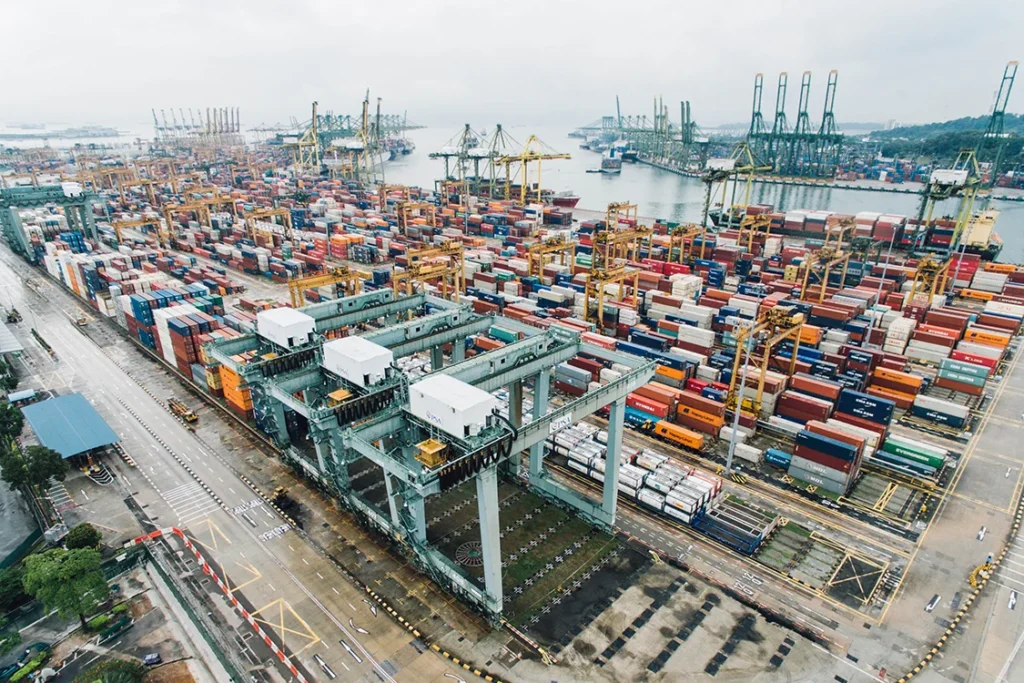
Scope 3 emissions: The next big sustainability priority for mining and resources
Scope 3 accounts for a vast majority of emissions in energy-intensive industries, but many resources companies find it too hard to measure and report on – or struggle using spreadsheets. The good news is that with MI Core you are already equipped to report Scope 3 emissions. Learn how.




